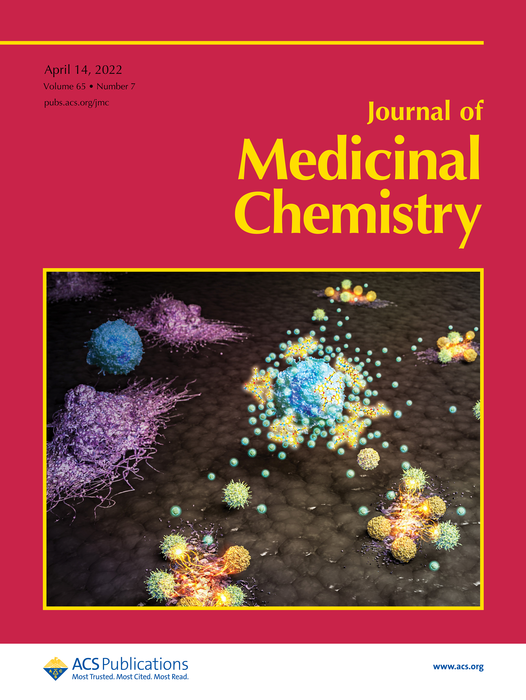Innovations in cancer immunotherapy have achieved clinical success by considerably increasing the survival rate of patients undergoing cancer treatment. However, there still exists an unmet medical need due to the low response rate to checkpoint inhibitors caused by the low immune reactivity of cancer cells in “cold” tumors. In their efforts to turn “cold” tumors into “hot” tumors, many global pharmaceutical companies have been focusing on utilizing the innate immune regulatory protein known as STING to increase the immunoreactivity of tumors and the infiltration of immune cells into the tumor microenvironment (TME). However, since clinical trials on the first STING agonist, ADU-S100, were suspended in 2020, there is an urgent need to develop new STING activators.

Credit: Korea Institute of Science and Technology (KIST)
Innovations in cancer immunotherapy have achieved clinical success by considerably increasing the survival rate of patients undergoing cancer treatment. However, there still exists an unmet medical need due to the low response rate to checkpoint inhibitors caused by the low immune reactivity of cancer cells in “cold” tumors. In their efforts to turn “cold” tumors into “hot” tumors, many global pharmaceutical companies have been focusing on utilizing the innate immune regulatory protein known as STING to increase the immunoreactivity of tumors and the infiltration of immune cells into the tumor microenvironment (TME). However, since clinical trials on the first STING agonist, ADU-S100, were suspended in 2020, there is an urgent need to develop new STING activators.
Under these circumstances, a research team led by Dr. Sanghee Lee of the Brain Science Institute at the Korea Institute of Science and Technology (KIST; President: Seok-Jin Yoon), and Dr. Hyejin Kim of the Infectious Diseases Therapeutic Research Center at the Korea Research Institute of Chemical Technology (KRICT; President: Mihye Yi) announced the development of a new small-molecule STING agonist.
Once the STING agonist was stimulated by a compound, it induced the secretion of cytokines such as interferons (IFNs) and activated an innate immune response mediated by T cells. The activated immune system altered the immune phenotype of the tumor, turning it from “cold” with a low reactivity to T cells to “hot” with a high reactivity, leading to the recruitment of T cells in the TME. In this study, compound administration effectively inhibited the growth of cancer cells in mice models. In particular, 20% of the treated group was found to be tumor-free as a result of the complete elimination of their tumors. Furthermore, immunological memory suppressed the growth of recurrent tumors without need for additional drug administration. Ultimately, no tumor growth was observed in the tumor-free group after the first treatment.
Most of the existing STING agonists were subjected to intratumoral administration, which limited the broad application of cancer treatment, whereas the compound in this study was able to be administered by intravenous injection. In terms of further drug development, this agent is also able to be applied to combination cancer therapies and current standard treatments, such as radiation therapy, chemotherapy, and monotherapy.
Dr. Lee stated, “Everyone dreams of vanquishing cancer; however, the development of cancer immunotherapeutics for ailments such as brain tumors is still limited. We hope that this study can provide the seeds for new therapeutic strategies for cancers where immunotherapy has had limited application.”
###
KIST was established in 1966 as the first government-funded research institute in Korea to establish a national development strategy based on science and technology and disseminate various industrial technologies to promote the development of major industries. KIST is now elevating the status of Korean science and technology through the pursuit of world-leading innovative research and development. For more information, please visit KIST’s website at https://eng.kist.re.kr/kist_eng_renew/
This study was supported by the Ministry of Science and ICT (Minister: Dr. Jong-Ho Lee), KIST Institutional Program, KRICT Institutional Program, NRF Young Researcher Program, and AI New Drug Development Project. The results of this study were published in the latest issue of “Journal of Medical Chemistry,” an international journal covering the field of pharmaceutical chemistry, and were selected to be presented as the supplementary cover for the journal.
DOI
10.1021/acs.jmedchem.1c01795
Article Title
Development of Potent Immune Modulators Targeting Stimulator of Interferon Genes Receptor
Article Publication Date
22-Mar-2022




